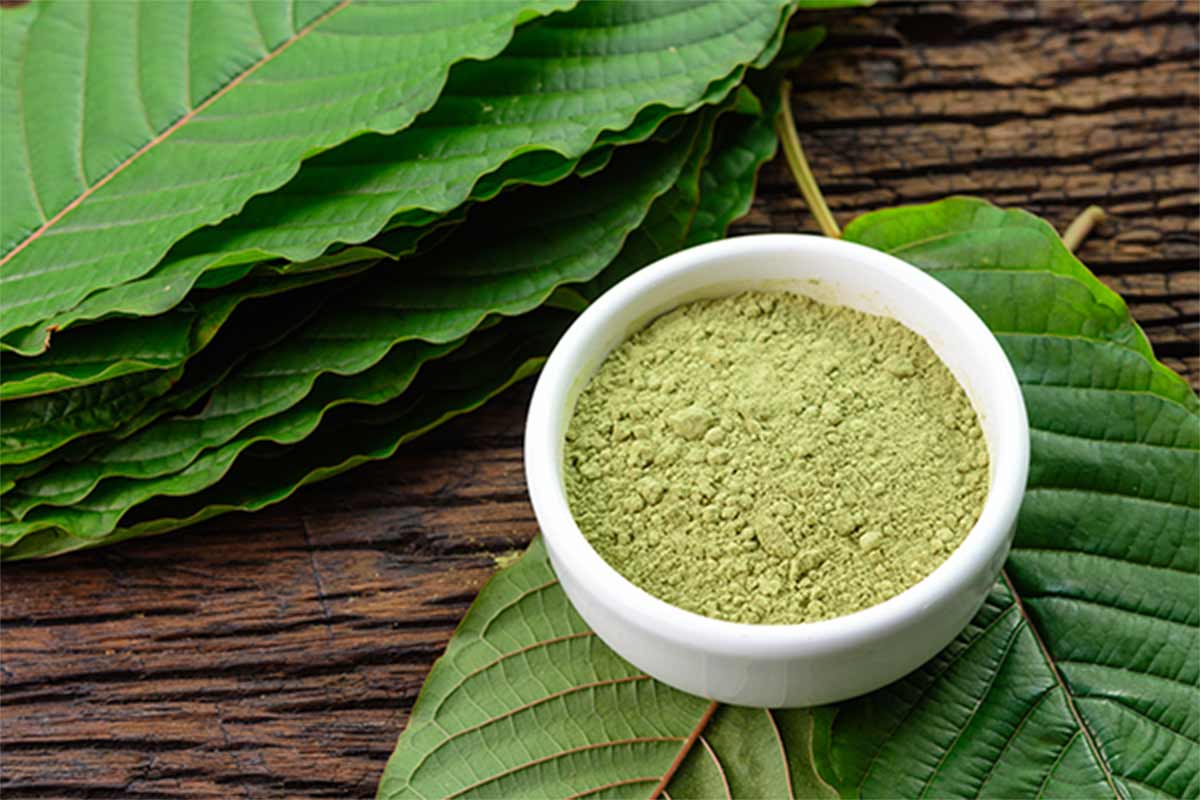Drug warriors have long deployed disinformation to justify panics and crackdowns. Kratom, an unregulated plant-based product used by many to manage opioid consumption and withdrawals, has not been spared.
On May 21, former Food and Drug Administration (FDA) Commissioner Dr. Scott Gottlieb spread a baseless claim on social media with a call to criminalize kratom consumers and obstruct access for people with opioid use disorder (OUD).
“I’m convinced [kratom is] fueling the opioid addiction crisis,” Gottlieb posted on Twitter, followed by a call for the Biden Administration to finish the Drug Enforcement Administration’s (DEA) 2016 scheduling effort that failed in the face of consumer advocacy and public opposition.
Dr. Gottlieb’s statement came in response to a series of tweets by both the official FDA account and that of the agency’s current acting commissioner, Dr. Janet Woodcock. They were announcing the seizure of over $1 million in kratom products in Florida by the US Marshals Service at the request of the FDA.
Gottlieb’s claim is not evidence-based. But data on the risks and harms of kratom do exist.
There is pharmacological data in non-human animals suggesting that 7-hydroxymitragynine, an alkaloid present in only very low concentrations in commercial kratom products (0.01 to 0.04 percent of leaf content), has “high abuse potential”—while the far more common alkaloid mitragynine does not. And there are epidemiological reports by the Centers for Disease Control and Prevention showing that only 0.56 percent of opioid-involved overdose deaths from July 2016 to June 2017 involved kratom (in combination with other drugs).
There are case reports of withdrawal symptoms after stopping kratom. And while there also some reports of people developing mental health complications after starting kratom, it cannot be accurately said to fuel the overdose crisis.
A spokesperson for American Enterprise Institute, the organization with which Gottlieb is currently affiliated as a resident fellow, did not respond to Filter’s request for comment. Neither did an FDA spokesperson.
In his seemingly bad-faith claim against kratom, Gottlieb targets one of the few tools yet to be criminalized.
The unprecedented opioid-involved overdose crisis is well-studied. And experts agree on what’s really “fueling” it: the adulteration of unregulated drug supplies in a society that criminalizes not only drugs but drug-checking technology, safe consumption sites and other lifesaving, empowering resources like syringe service programs.
In his seemingly bad-faith claim against kratom, Gottlieb targets one of the few tools yet to be criminalized. Dr. Oliver Grundmann, a pharmacy professor and kratom researcher, told Filter that research has shown the plant to be “very beneficial” for people looking to manage their opioid consumption. He described kratom as being used for harm reduction among people with OUD because of its ability to manage opioid withdrawal symptoms—an observation verified in multiple studies of mice.
“There is definitely a therapeutic potential that can be derived from kratom,” Grundmann said. “But it has to be [manufactured and made available] in a well-controlled setting.” He recognized both the potential benefits and harms of kratom’s alkaloids, advocating a balanced policy that would ensure consumers access to a “safe, regulated product.”
That does not appear to be the goal of past nor present FDA leadership. Having spent his time as Commissioner inaccurately branding mitragynine as an “opioid” (without recognizing its partial-agonist status and weak ability to bind to receptors) and being openly hostile toward its harm reduction potential, Gottlieb seems to envision a reboot of the DEA’s scheduling attempt. And Dr. Woodcock endorsed raids on suppliers her May 21 tweet: “FDA will continue to take action against kratom-containing dietary supplements.” The agency has been pursuing kratom seizures since at least 2012.
Without the force of the Controlled Substances Act behind them, such seizures have been legally authorized through the addition of certain kratom products to FDA’s Import Alerts as “adulterated dietary supplements.” Ironically, the adulterant specified is kratom itself.
Despite the stated positions of the former and current FDA commissioners, other federal health leaders have not followed suit.
In a 2018 letter by a leader of Health and Human Services—the FDA’s parent agency—to the DEA, HHS withdrew its support for designating kratom’s alkaloids as Schedule I controlled substances. One reason was the insufficient evidence to meet its statutory condition that kratom has a “high potential for abuse.” In order to meet that requirement, the FDA must have “inadequate information to provide reasonable assurance that such [new dietary] ingredient does not present a significant or unreasonable risk of illness or injury.”
“There is a significant risk of immediate adverse public health consequences for potentially millions of users if kratom or its components are included in Schedule I,” wrote HHS Secretary for Health Brett Giroir. He also referenced a study that showed mitragynine, the common kratom alkaloid compound, “does not have abuse potential and actually reduced morphine intake.”
In fact, Giroir issued a specific warning: that “kratom users switching to highly lethal opioids” as a result of a Schedule I placement would risk “thousands of deaths from overdoses.” Gottlieb and current FDA leadership appear to be ignoring this warning.
Photograph via National Institute on Drug Abuse




